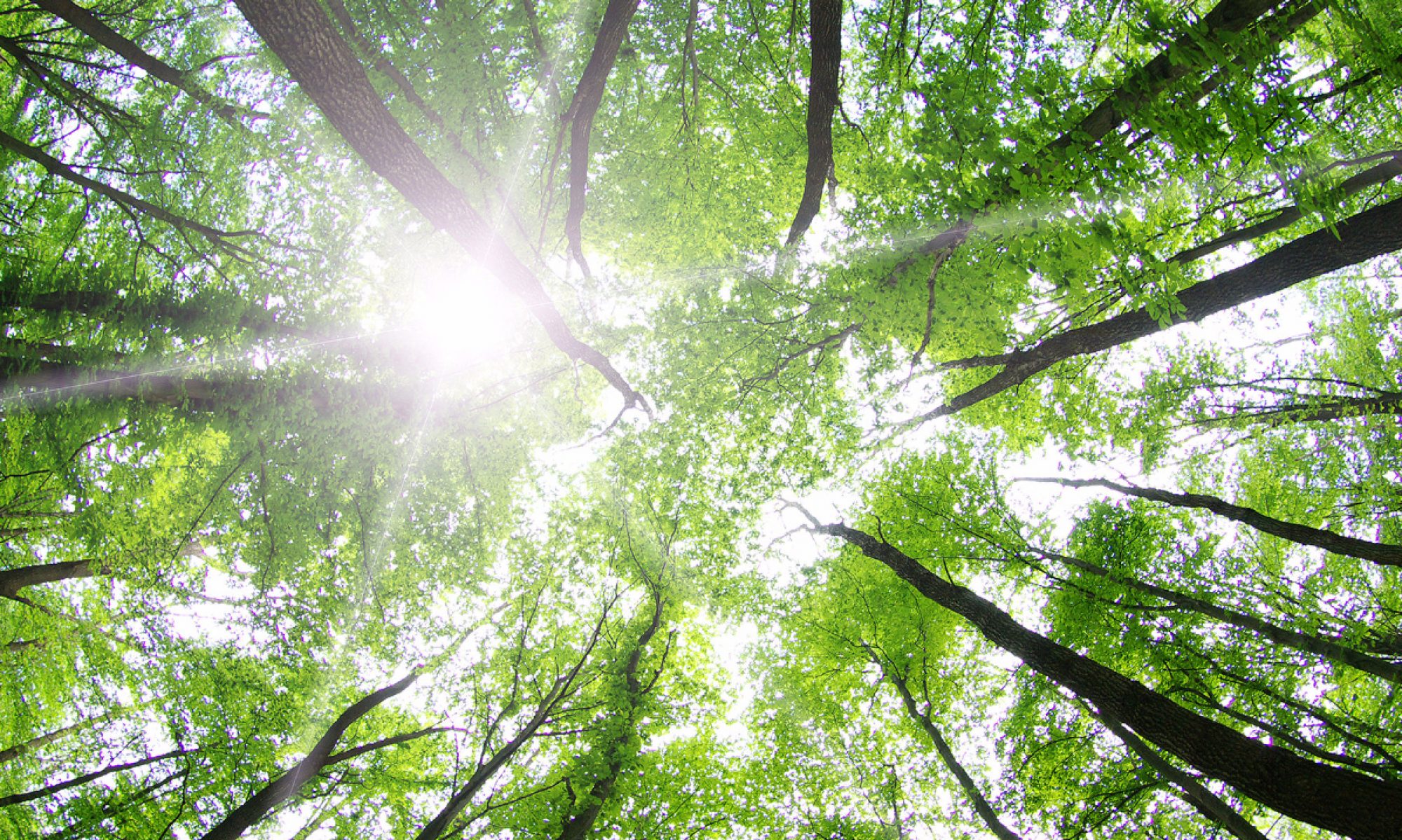Nature has an inherent ability to heal, rejuvenate, and inspire. For individuals on the path to recovery from addiction, harnessing the therapeutic power of the natural world can be a transformative and integral part of their journey. From tranquil forests to majestic mountains, serene beaches to sprawling meadows, nature offers a sanctuary for self-reflection, growth, and renewal. In this article, we explore how incorporating nature into addiction recovery programs can contribute to successful and sustainable recovery outcomes.
1. Stress Reduction and Relaxation: One of the most significant benefits of spending time in nature is its ability to reduce stress and promote relaxation. The sights, sounds, and sensations of the natural world have a calming effect on the mind and body, helping individuals manage the stress and anxiety often associated with addiction recovery. Whether it’s taking a leisurely hike through the woods, practicing yoga in a peaceful park, or simply sitting by a tranquil lake, nature provides a respite from the pressures of daily life and offers a sense of serenity and tranquility.
2. Physical Health and Well-being: Engaging in outdoor activities promotes physical health and well-being, which are essential components of addiction recovery. Regular exercise, such as walking, jogging, cycling, or swimming, not only improves cardiovascular fitness but also releases endorphins, the body’s natural mood-enhancing chemicals. Nature provides a vast playground for physical activity, offering endless opportunities for individuals to engage in enjoyable and health-promoting pursuits.
3. Connection and Community: Nature has a unique ability to foster connections and build community among individuals in recovery. Participating in outdoor group activities, such as hiking clubs, camping trips, or nature-based therapy sessions, creates opportunities for social interaction, support, and camaraderie. Sharing experiences, overcoming challenges, and celebrating successes in the great outdoors strengthens bonds and reinforces the sense of belonging and connection essential for sustained recovery.
4. Mindfulness and Self-awareness: Spending time in nature encourages mindfulness and self-awareness, allowing individuals to tune into their thoughts, emotions, and sensations with greater clarity and presence. Nature’s beauty and simplicity prompt individuals to be fully present in the moment, cultivating mindfulness and promoting a deeper understanding of oneself. Whether it’s listening to the rustle of leaves, feeling the warmth of the sun on one’s skin, or admiring the colors of a sunset, nature invites individuals to engage their senses and cultivate a heightened awareness of the world around them.
5. Inspiration and Creativity: Nature has long been a source of inspiration for artists, writers, musicians, and creators of all kinds. Immersing oneself in the natural world stimulates creativity, fosters imagination, and ignites a sense of wonder and curiosity. For individuals in recovery, reconnecting with nature can reignite passions, hobbies, and interests that may have been overshadowed by addiction. Whether it’s sketching landscapes, writing poetry, or composing music inspired by the beauty of nature, tapping into one’s creative potential can be a powerful tool for self-expression and healing.
In conclusion, nature offers a wealth of benefits for individuals on the journey to recovery from addiction. By leveraging the therapeutic power of the natural world, individuals can reduce stress, promote relaxation, improve physical health, build connections, cultivate mindfulness, foster creativity, and find inspiration for their recovery journey. Whether it’s through outdoor activities, nature-based therapy programs, or simply spending time in natural settings, incorporating nature into addiction recovery programs can enhance outcomes and support individuals in achieving lasting sobriety and well-being.
